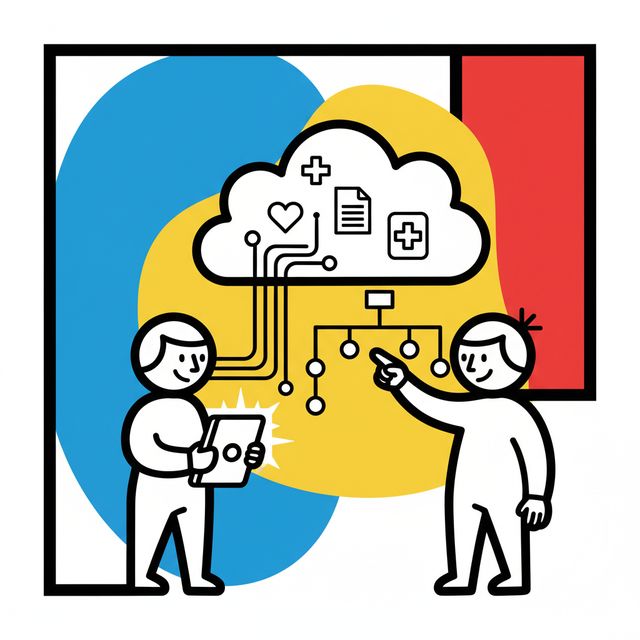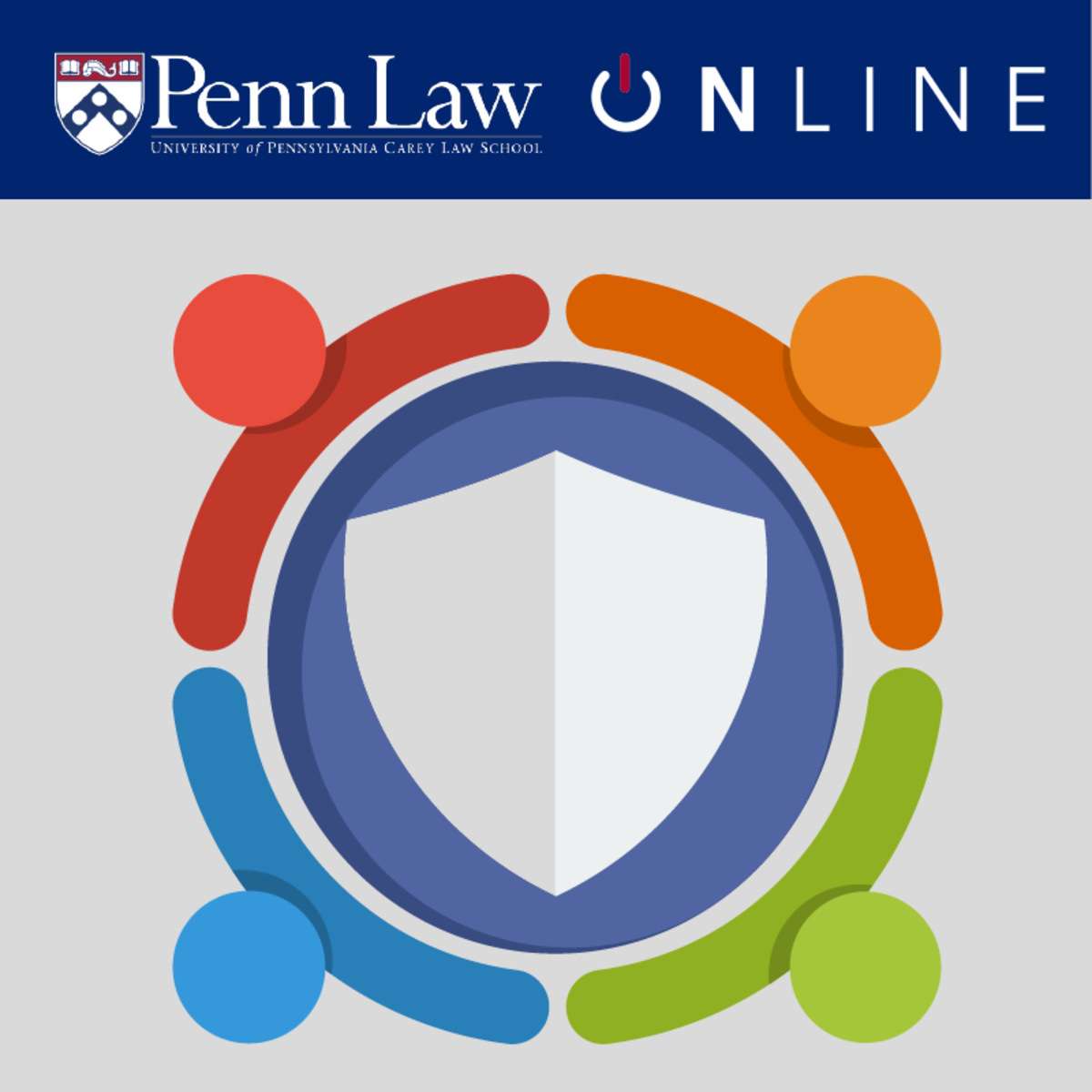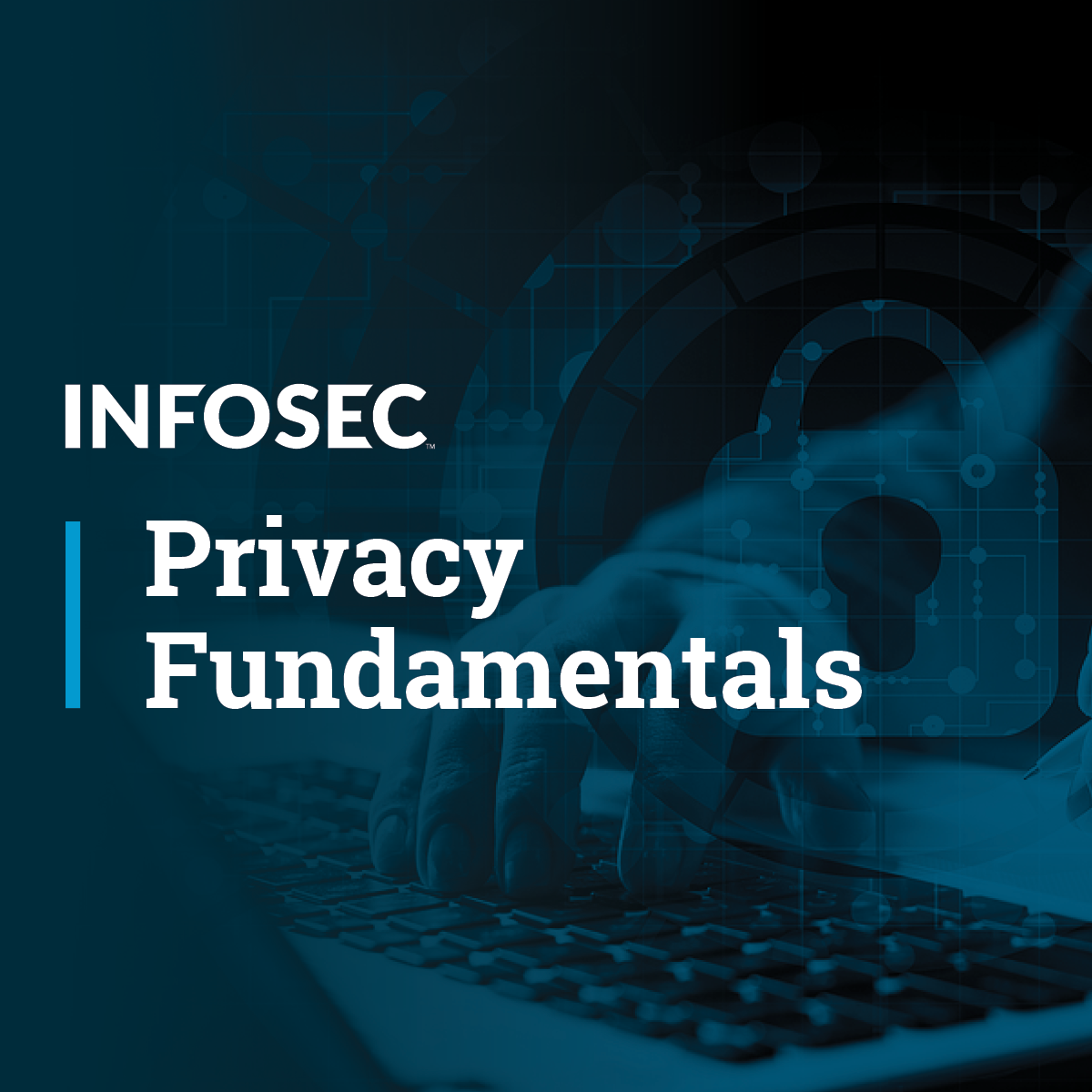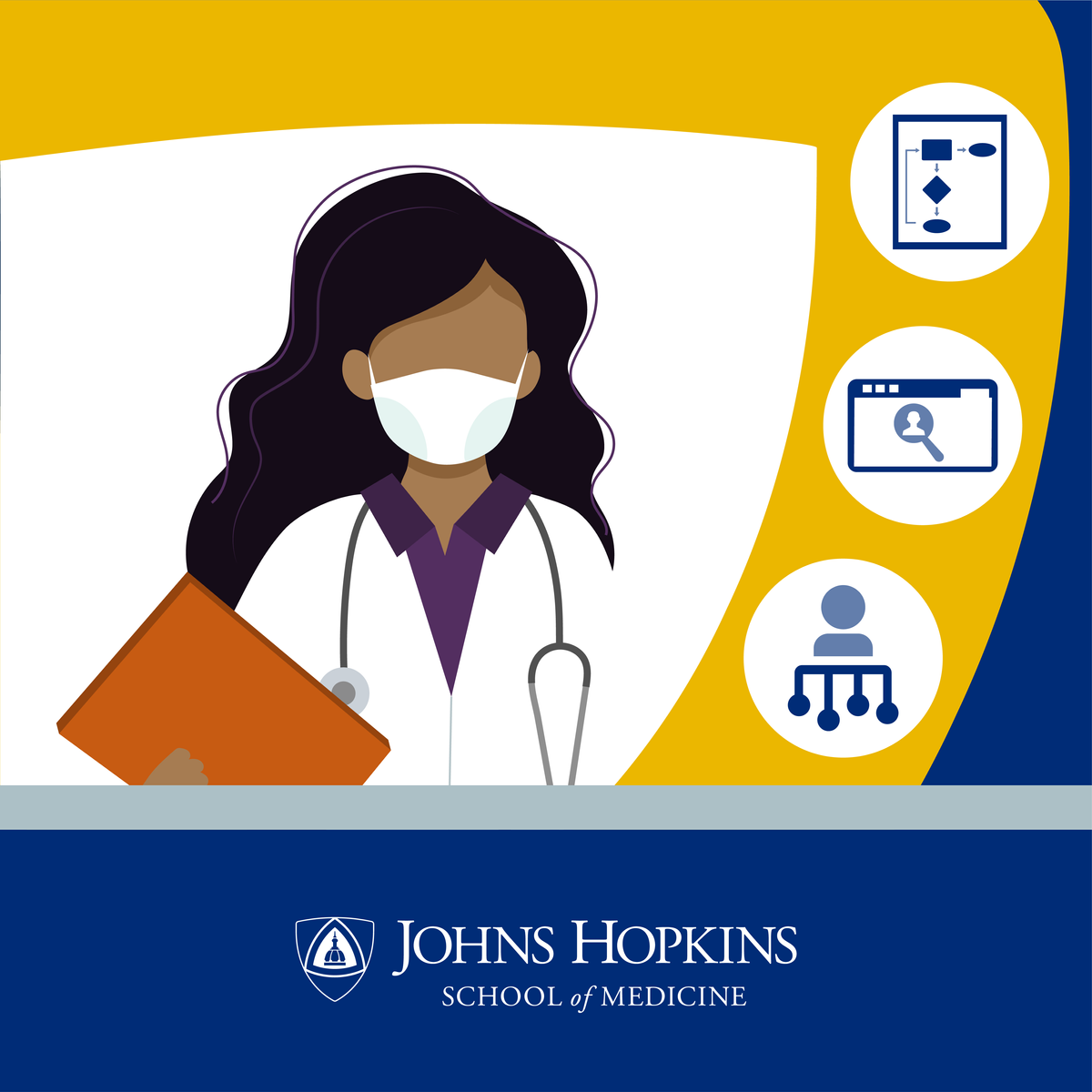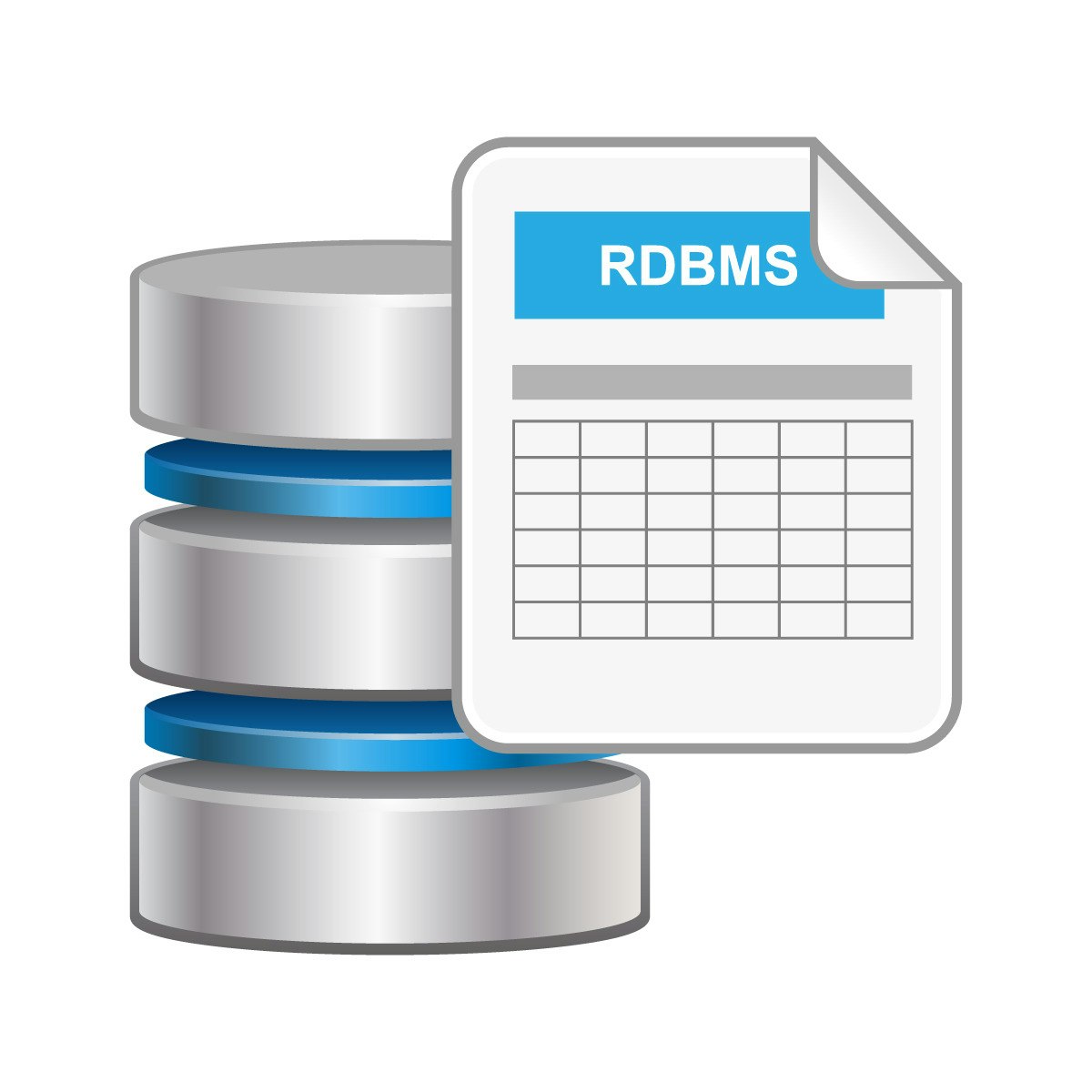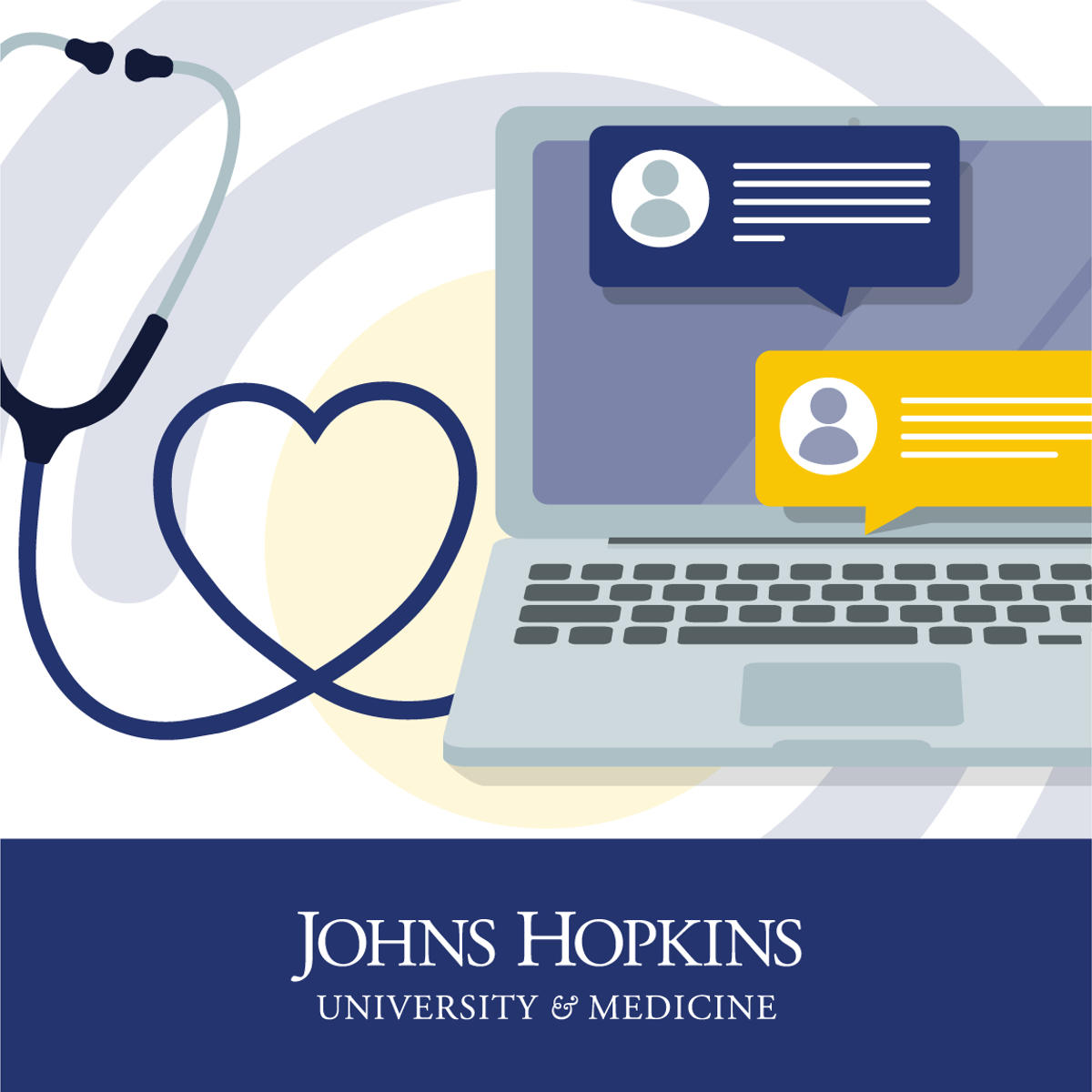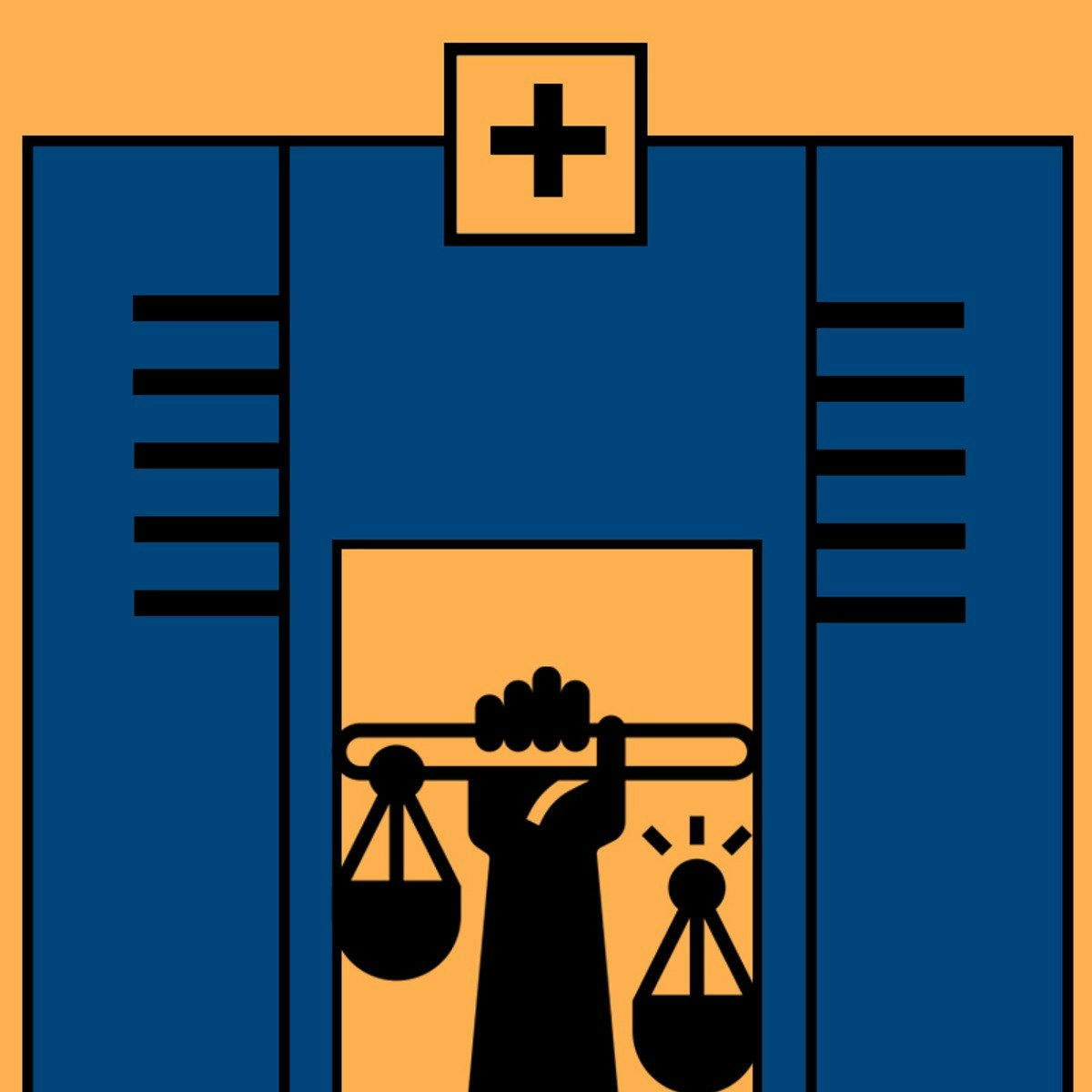Health Information Manager
A Comprehensive Guide to a Career as a Health Information Manager
Health Information Management, often abbreviated as HIM, is a vital field within the healthcare industry. It focuses on the acquisition, analysis, protection, and dissemination of patient health information. Professionals in this field ensure that health data is accurate, accessible, secure, and used effectively to improve patient care and operational efficiency.
Working as a Health Information Manager places you at the intersection of healthcare, technology, and business administration. It's a dynamic role where you might find yourself safeguarding sensitive patient data one moment and analyzing trends to enhance healthcare delivery the next. The field offers opportunities to make a tangible impact on both individual patient experiences and the broader healthcare system.
What Does a Health Information Manager Do?
Overseeing Health Data Integrity and Access
A core function of a Health Information Manager is managing the lifecycle of health information. This includes overseeing the systems and processes used to collect, store, retrieve, and eventually dispose of patient records, primarily electronic health records (EHRs).
They ensure data accuracy, completeness, and timeliness, which are critical for clinical decision-making, billing, and research. Managers also develop policies regarding who can access patient information, ensuring appropriate access for clinicians while protecting patient privacy.
This involves working closely with IT departments to maintain and upgrade EHR systems and troubleshooting issues that clinical staff might encounter. Ensuring seamless data flow and system usability is key to efficient healthcare operations.
Ensuring Regulatory Compliance
Health Information Managers are guardians of compliance within healthcare facilities. They must possess a deep understanding of complex regulations governing health information, such as the Health Insurance Portability and Accountability Act (HIPAA) in the United States or the General Data Protection Regulation (GDPR) in Europe.
Their responsibilities include developing and implementing policies and procedures to meet these legal requirements, training staff on privacy and security protocols, and conducting regular audits to ensure adherence. They play a crucial role in preventing data breaches and responding appropriately if they occur.
Staying updated on evolving legislation and regulatory changes is paramount. Managers must interpret these changes and integrate them into the organization's practices, protecting both patients and the institution from legal repercussions.
These courses provide foundational knowledge on healthcare data privacy, security regulations like HIPAA, and the legal framework surrounding health information.
These books delve deeper into the complexities of HIPAA and other legal aspects of healthcare information management.
Leveraging Data for Improvement
Beyond management and compliance, Health Information Managers often utilize health data for analysis and quality improvement initiatives. They might analyze patient outcomes, operational workflows, or resource utilization patterns to identify areas for enhancement.
This involves extracting data from various systems, using analytical tools to interpret the information, and presenting findings to clinical leaders and administrators. Their insights can inform strategic decisions, improve clinical practices, and support value-based care models.
Collaboration is key in this aspect. HIM professionals work with clinicians, quality improvement teams, and administrators to translate data insights into actionable strategies that ultimately benefit patient care and organizational performance.
Collaboration Across Departments
Health Information Managers rarely work in isolation. They serve as crucial liaisons between clinical staff (doctors, nurses), IT professionals, administrative leadership, legal counsel, and external entities like auditors or government agencies.
Effective communication skills are essential to bridge the gap between technical complexities and clinical needs. They help ensure that information systems support clinical workflows effectively and that data requirements for billing, reporting, and research are met.
This collaborative role requires adaptability and strong interpersonal skills, navigating different departmental priorities while focusing on the shared goal of high-quality, compliant, and efficient healthcare delivery.
Becoming a Health Information Manager: Educational Pathways
Foundation: Undergraduate Education
A bachelor's degree is typically the minimum requirement to enter the Health Information Management field, particularly for management roles. Common degree paths include a Bachelor of Science in Health Information Management (BSHIM) or Health Informatics.
Degrees in related fields like Healthcare Administration, Public Health, or even Business Administration with a healthcare focus can also provide a suitable foundation. These programs build essential knowledge in healthcare systems, medical terminology, data management principles, and relevant laws.
Look for programs accredited by the Commission on Accreditation for Health Informatics and Information Management Education (CAHIIM). Accreditation ensures the curriculum meets industry standards and often qualifies graduates to sit for key professional certifications.
Advancement: Graduate Studies and Certifications
While a bachelor's degree can open doors, a master's degree (e.g., Master of Health Information Management, Master of Health Informatics, MBA with Healthcare Concentration) can accelerate career advancement, particularly for leadership roles.
Professional certifications are highly valued and often required by employers. The most recognized certification is the Registered Health Information Administrator (RHIA), offered by the American Health Information Management Association (AHIMA). Eligibility typically requires graduating from a CAHIIM-accredited program.
Other specialized certifications exist, such as the Certified in Healthcare Privacy and Security (CHPS) or certifications focused on data analytics or clinical documentation improvement. These demonstrate expertise in specific domains within HIM.
Core Knowledge Areas
Regardless of the specific degree or certification path, aspiring HIM professionals need a strong grasp of several core subjects. These include medical terminology, anatomy, and physiology to understand the content of health records.
Essential technical subjects cover database management, data analytics, health information systems, and cybersecurity principles specific to healthcare. Health & Medicine courses often cover these areas.
Furthermore, a solid understanding of health law, ethics, compliance requirements (like HIPAA), and medical coding and billing systems (like ICD-10 and CPT) is fundamental to the role.
These courses cover essential areas like medical terminology, coding, and health informatics, which are central to HIM education.
Boosting Your Skills: Supplemental and Online Learning
Flexibility Through Online Courses
Online learning offers incredible flexibility for building foundational knowledge or specializing in specific HIM areas. Platforms like OpenCourser aggregate thousands of courses, allowing you to learn at your own pace and often at a lower cost than traditional programs.
Online courses are ideal for career changers needing to acquire specific skills, students wanting to supplement their formal education, or professionals seeking to update their knowledge on new technologies or regulations. You can focus on areas like EHR system specifics, advanced data analytics, or specialized compliance topics.
Many online courses offer certificates upon completion, which can be valuable additions to your resume. OpenCourser's Learner's Guide provides tips on how to effectively use online learning for career development and make the most of certificates.
These courses offer broad introductions or specific skills relevant to HIM, available through online platforms.
Targeted Skill Development
Beyond general HIM knowledge, online courses allow you to target specific, in-demand skills. You might find courses focused on particular EHR systems (like Epic or Cerner, though vendor-specific training may require direct engagement).
Specialized certifications in areas like Cybersecurity or Clinical Documentation Improvement (CDI) can significantly enhance your marketability. Online modules often prepare you for these certification exams.
Data quality and governance are critical in HIM. Online courses can provide focused training on maintaining high standards for health data, which is essential for reliable analytics and compliance.
These courses focus on data quality, governance, and security – vital components of modern HIM.
This book offers practical case studies, helpful for applying theoretical knowledge.
Practical Application and Projects
Theoretical knowledge is important, but practical application solidifies learning. Look for online courses that include hands-on projects, such as performing mock data audits, developing compliance policies for hypothetical scenarios, or analyzing sample healthcare datasets.
Even if a course doesn't include a project, you can create your own. Use publicly available (de-identified) healthcare datasets to practice analysis, or research a specific compliance challenge and draft a proposed solution or policy brief.
Building a portfolio of projects, whether from coursework or self-directed learning, demonstrates initiative and practical skills to potential employers. Documenting your process and findings can be highly beneficial during job searches.
Consider using OpenCourser's "Save to List" feature (manage lists here) to curate courses that offer project-based learning or align with your personal project goals.
Essential Technical Skills and Tools
Mastering Health Information Systems
Proficiency in Electronic Health Record (EHR) and Electronic Medical Record (EMR) systems is fundamental. While specific systems vary (e.g., Epic, Cerner, Allscripts), understanding the core functionalities—charting, order entry, reporting, scheduling—is transferable.
HIM managers often oversee system implementation, optimization, and training. Familiarity with database structures and how data flows within these systems is crucial for troubleshooting and ensuring data integrity.
Experience with Health Information Exchange (HIE) platforms, which facilitate secure sharing of patient data between different healthcare organizations, is also increasingly valuable.
These resources provide insights into EHRs, HIEs, and general health IT systems.
Data Analysis and Visualization
The ability to analyze healthcare data is a key differentiator for HIM professionals. This requires proficiency in data manipulation and analysis tools. Knowledge of SQL (Structured Query Language) is often essential for extracting data from relational databases.
Familiarity with data visualization tools like Tableau or Power BI helps in creating comprehensible reports and dashboards for stakeholders. These tools translate complex data into actionable insights.
Statistical software (like R or SAS) might be required for more advanced analytical roles within HIM, particularly those focused on research or predictive modeling. Understanding basic statistical concepts is beneficial even without deep programming skills.
These courses cover data analysis tools and techniques applicable to the healthcare domain.
Interoperability and Standards
Healthcare data needs to flow seamlessly and securely between different systems and organizations. Understanding interoperability standards is critical for HIM managers involved in system integration or data exchange initiatives.
Key standards include HL7 (Health Level Seven), which defines formats for exchanging clinical and administrative data, and FHIR (Fast Healthcare Interoperability Resources), a newer standard designed for modern web-based applications and APIs.
Knowledge of data dictionaries, terminologies (like SNOMED CT, LOINC), and classification systems (ICD-10, CPT) is also part of ensuring data consistency and enabling meaningful exchange.
Cybersecurity in Healthcare
Protecting sensitive patient information is paramount. HIM managers must understand cybersecurity principles and frameworks relevant to the healthcare context. This includes risk assessment, access control, data encryption, and incident response.
Familiarity with security standards like the NIST Cybersecurity Framework or specific HIPAA Security Rule requirements is essential for developing and implementing effective security measures.
Working with IT security teams, conducting security audits, and ensuring compliance with data breach notification laws are often part of the HIM manager's responsibilities.
These resources cover security and privacy from various angles within healthcare IT.
Career Paths and Advancement in HIM
Starting Your HIM Career
Entry-level positions provide the foundation for a career in Health Information Management. Common starting roles include Health Information Technician, Medical Records Clerk, Coder, or Release of Information Specialist.
These roles involve tasks like organizing and maintaining patient records, assigning medical codes for billing, processing requests for health information, and ensuring data accuracy at the point of entry. They offer valuable hands-on experience with health records and HIM processes.
Some may start in more data-focused roles like Junior Data Analyst or Clinical Data Coordinator, especially with stronger technical backgrounds. These positions often involve supporting data quality initiatives or generating basic reports.
Mid-Career Progression
With experience and often additional education or certifications (like the RHIA), professionals can move into management and specialized roles. HIM Supervisor, HIM Department Manager, or HIM Director positions involve overseeing departmental operations, managing staff, and strategic planning.
Specialized mid-career paths include roles like Privacy Officer, Security Officer, Compliance Auditor, or Clinical Documentation Improvement (CDI) Specialist. These roles require deep expertise in specific areas of HIM.
Data analysis skills can lead to roles like Health Data Analyst or Informatics Specialist, focusing on leveraging data for quality improvement, research, or operational efficiency. Strong technical and analytical abilities are key for these paths.
Leadership and Emerging Opportunities
Senior leadership roles represent the pinnacle of the HIM career path. Positions like Chief Information Officer (CIO), Chief Medical Information Officer (CMIO), or Vice President of HIM involve setting strategic direction for health information across an entire organization or health system.
Consulting roles are another avenue for experienced HIM professionals, advising healthcare organizations on system implementations, compliance strategies, or process improvements. This often requires broad expertise and strong problem-solving skills.
Emerging niches offer exciting opportunities. The rise of Artificial Intelligence in analyzing health data, the expansion of telehealth, and the focus on population health management are creating new specialized roles requiring HIM expertise combined with knowledge in these evolving areas.
Industry Trends Shaping the Future of HIM
Artificial Intelligence and Data Analytics
Artificial intelligence (AI) and machine learning (ML) are increasingly impacting how health information is managed and utilized. These technologies can automate tasks like coding, improve clinical documentation, and identify patterns in large datasets for predictive analytics.
HIM professionals need to understand the capabilities and limitations of AI/ML in healthcare. They may be involved in evaluating, implementing, or overseeing these tools, ensuring ethical use and validating outputs.
The ability to work with large datasets and advanced analytics will become even more crucial. HIM roles may evolve to focus more on data interpretation, governance of algorithms, and ensuring data quality for AI applications.
Value-Based Care and Population Health
The shift from fee-for-service to value-based care models emphasizes quality outcomes and cost efficiency. This increases the demand for robust data collection, analysis, and reporting capabilities, areas where HIM professionals play a key role.
Managing data for population health initiatives—understanding health trends across communities and coordinating care—requires integrating data from diverse sources. HIM expertise in data governance and interoperability is essential.
HIM professionals will be increasingly involved in measuring quality metrics, analyzing costs of care, and supporting initiatives aimed at improving health outcomes for specific patient populations.
Interoperability and Data Exchange
Achieving seamless and secure exchange of health information between different providers, systems, and patients remains a significant challenge and priority. Efforts to improve interoperability continue through standard development (like FHIR) and policy initiatives.
HIM managers are central to implementing and managing solutions that enable effective data sharing. This includes navigating technical standards, ensuring compliance with data sharing agreements, and managing patient consent.
The push for greater patient access to their own health data also impacts HIM, requiring systems and processes that facilitate secure and easy access for individuals.
Evolving Privacy and Security Landscape
Data privacy regulations continue to evolve globally, demanding constant vigilance from HIM professionals. New laws and updates to existing ones (like HIPAA) require ongoing adaptation of policies and procedures.
Cybersecurity threats against healthcare organizations are becoming more sophisticated, increasing the importance of robust security measures and incident response plans. Protecting patient data from breaches is a critical responsibility.
The ethical implications of using patient data, particularly with advanced analytics and AI, require careful consideration. HIM professionals must champion ethical data practices and ensure transparency and fairness.
Navigating Ethical and Legal Complexities
Protecting Patient Confidentiality
Maintaining patient confidentiality is a cornerstone of Health Information Management. HIM professionals are responsible for implementing safeguards—technical, physical, and administrative—to prevent unauthorized access, use, or disclosure of Protected Health Information (PHI).
This involves managing user access controls, ensuring proper data encryption, training staff on privacy policies, and overseeing processes for handling sensitive information like mental health records or genetic data.
Responding to data breaches is a critical function, involving investigation, mitigation, patient notification according to legal requirements, and reporting to regulatory bodies. Prevention through robust security measures is always the primary goal.
Addressing Bias in Health Data and Algorithms
As healthcare relies more on data analytics and AI, the potential for bias in algorithms becomes a significant ethical concern. Biases present in historical data or algorithm design can perpetuate or even exacerbate health disparities.
HIM professionals involved in data analysis or system implementation must be aware of potential sources of bias. They may play a role in evaluating algorithms for fairness, promoting data collection practices that capture diverse populations accurately, and advocating for transparency in how algorithms are used.
Ensuring equitable access to digital health tools and information is another facet of this challenge. HIM practices should support efforts to bridge the digital divide and promote health equity.
Legal Ramifications of Data Mismanagement
Failures in managing health information can lead to severe legal consequences for healthcare organizations and individuals. This includes hefty fines for HIPAA violations, lawsuits from patients harmed by privacy breaches or data errors, and damage to institutional reputation.
HIM managers must ensure meticulous adherence to all applicable laws and regulations governing health data. This requires ongoing education, robust auditing processes, and clear documentation of compliance efforts.
Understanding legal requirements related to record retention, data destruction, and responding to subpoenas or legal requests for information are also critical aspects of the role.
Balancing Innovation and Compliance
Healthcare innovation, driven by new technologies and data analytics, holds immense promise. However, it must be balanced with the stringent requirements of privacy, security, and regulatory compliance.
HIM professionals often find themselves mediating between the push for innovation and the need for caution. They help evaluate new technologies or data use cases, assessing potential risks and ensuring appropriate safeguards are in place before implementation.
This requires a forward-thinking approach, staying informed about technological advancements while maintaining a firm grounding in ethical principles and legal obligations. It's about enabling progress responsibly.
Frequently Asked Questions (FAQs)
Is coding experience required for Health Information Managers?
While not all HIM management roles involve direct coding, a strong understanding of medical coding principles (ICD-10, CPT, HCPCS) and classification systems is highly beneficial, and often essential. Managers oversee coding departments, ensure coding quality and compliance, and understand how coding impacts reimbursement and data analysis. Foundational knowledge is typically part of HIM degree programs and the RHIA certification.
How does Health Information Management differ from Health Informatics?
HIM and Health Informatics are closely related but distinct fields. HIM traditionally focuses on the management of health information throughout its lifecycle—ensuring data quality, security, privacy, compliance, and proper storage/retrieval, often with a strong emphasis on the medical record itself and associated workflows.
Health Informatics tends to focus more on the intersection of information science, computer science, and healthcare. It emphasizes using technology and data analysis to solve healthcare problems, improve clinical decision-making, optimize systems, and develop new tools. While there's significant overlap, Informatics often involves more system design, data analytics, and research.
What industries hire Health Information Managers?
The primary employers are healthcare provider organizations, including hospitals, clinics, physician practices, long-term care facilities, and integrated health systems. However, opportunities exist beyond direct patient care settings.
Insurance companies, government agencies (like the Centers for Medicare & Medicaid Services or public health departments), healthcare technology vendors (EHR companies), consulting firms, educational institutions, and research organizations also hire HIM professionals for their expertise in data management, compliance, and healthcare operations.
Can I transition from nursing or IT into Health Information Management?
Yes, transitions from clinical roles like nursing or technical roles in IT are common and often successful. Nurses bring valuable clinical understanding, while IT professionals possess strong technical skills. Both backgrounds provide a solid foundation for HIM.
A transition typically requires supplemental education focused on HIM principles, including healthcare law, data governance, coding, and specific HIM systems. Obtaining relevant certifications like the RHIA is often a key step in making the pivot and demonstrating competence in the field. Online courses can be particularly helpful for bridging knowledge gaps.
What is the job outlook for Health Information Managers?
The outlook for Health Information Managers, often classified under Medical and Health Services Managers by statistical agencies, is generally positive. According to the U.S. Bureau of Labor Statistics, employment in this category is projected to grow much faster than the average for all occupations.
Factors driving this growth include the aging population leading to increased demand for healthcare services, the widespread use of EHRs requiring skilled management, a growing focus on data analytics for quality improvement, and the complex regulatory environment demanding compliance expertise.
Candidates with strong technical skills, relevant certifications (like RHIA), and experience with data analytics and healthcare information systems are expected to have the best prospects.
How does HIM address healthcare disparities?
Health Information Management can play a role in identifying and addressing healthcare disparities. Accurate and complete collection of demographic data (race, ethnicity, language, socioeconomic status) within EHRs is crucial for identifying differences in access, treatment, and outcomes among various populations.
HIM professionals can advocate for standardized data collection practices and ensure systems support this. Furthermore, analyzing health data, segmented by demographics, can highlight areas where disparities exist, providing evidence for targeted interventions and policy changes aimed at achieving health equity.
Ensuring data privacy and security for all populations, including vulnerable groups, and being mindful of potential biases in data analysis algorithms are also critical contributions HIM makes towards equitable healthcare.
Embarking on or advancing in a Health Information Management career requires dedication to continuous learning and adaptation. It's a field that combines technical skill, regulatory knowledge, and a commitment to improving healthcare through better information practices. Whether you are just starting to explore this path or looking to deepen your expertise, resources like online courses and professional certifications offer valuable pathways to success in this essential and evolving profession.

